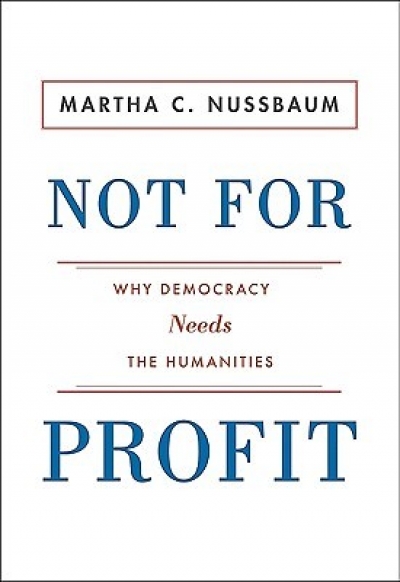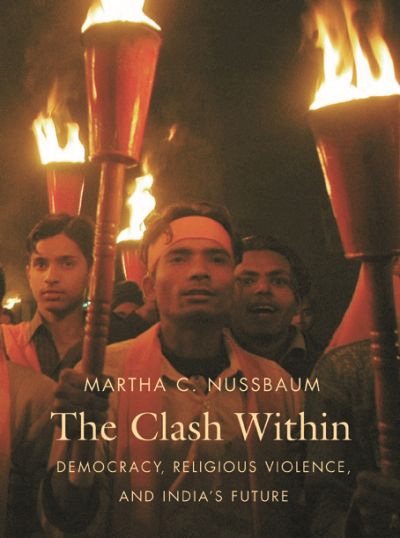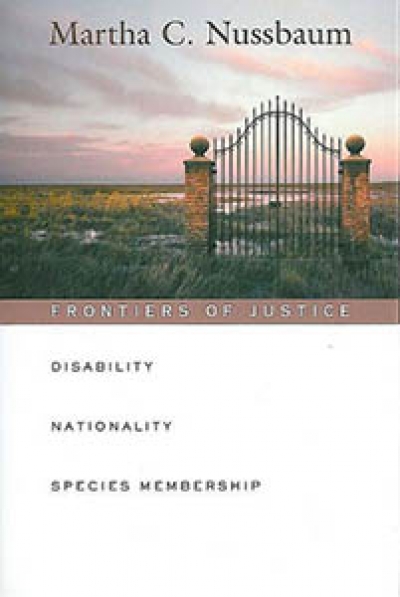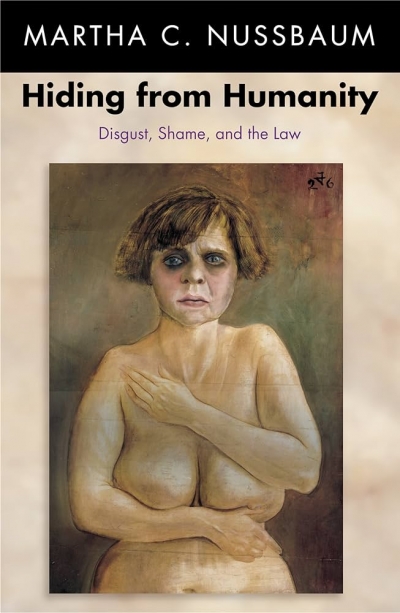Martha C Nussbaum
Not For Profit: Why democracy needs the humanities by Martha C. Nussbaum
by Stuart Macintyre •
Creating Capabilities: The Human Development Approach by Martha C. Nussbaum
by Belinda Probert •
The Clash Within: Democracy, religious violence, and India's future by Martha C. Nassbaum
by Joan Grant •
Dear Editor,
Brian Matthews makes an eloquent defence of Manning Clark’s Kristallnacht fantasy, but I was surprised to find myself being drafted as a witness simply because I once said that autobiography is ‘a lying art’ (May 2007). Actually, I can’t remember ever having used quite those words, but, as Brian Matthews well argues, memory plays tricks.
... (read more)Frontiers of Justice: Disability, nationality, species membership by Martha C. Nussbaum
by Tamas Pataki •





